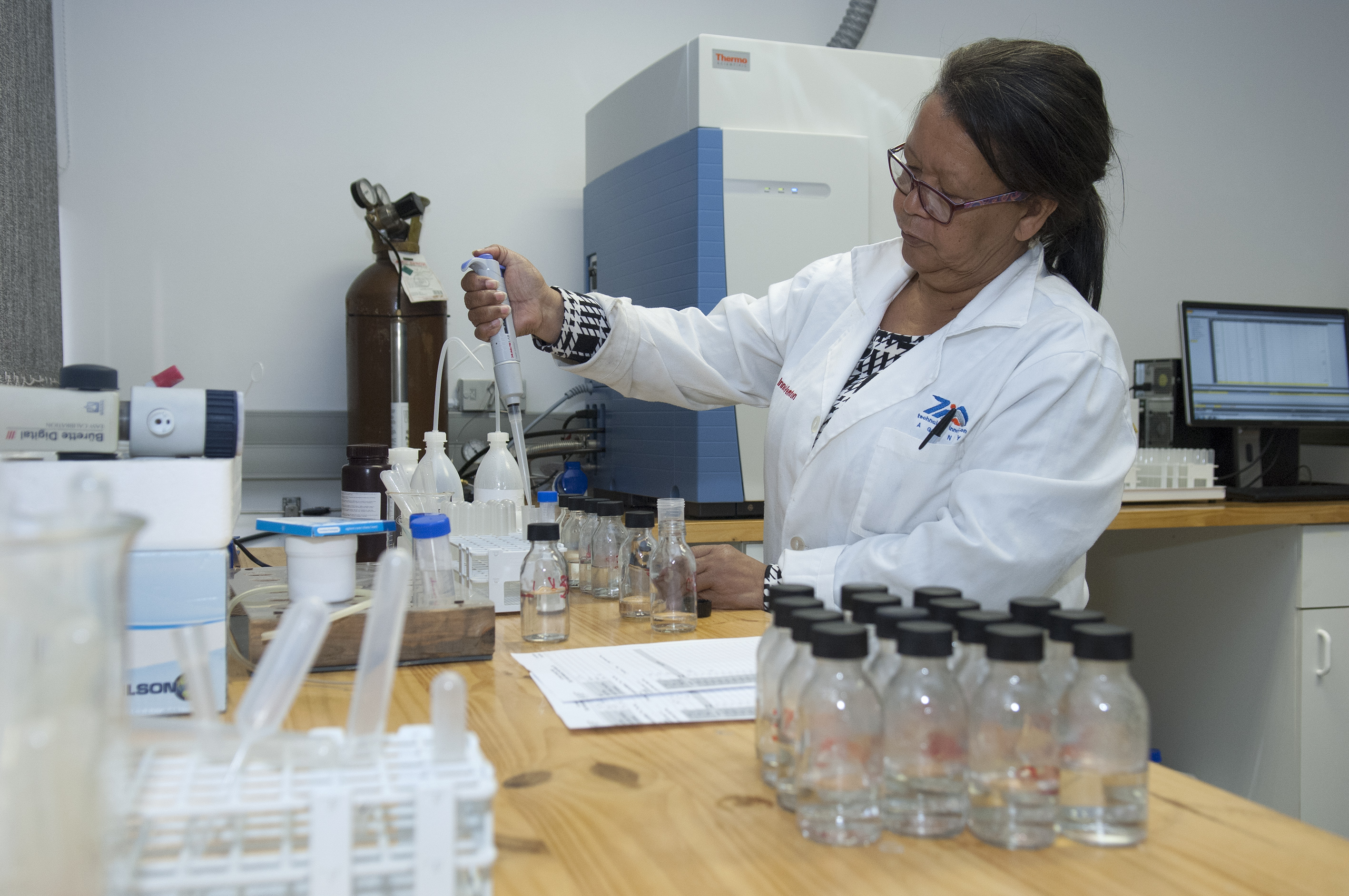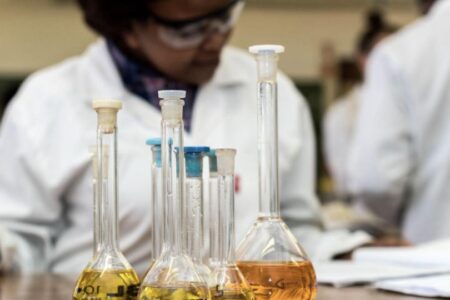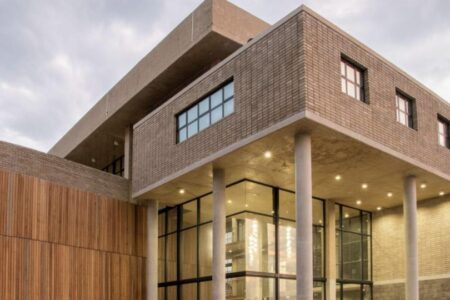Every PhD journey begins with a question, one that’s powerful enough to change both the researcher and the world around them. Over time, that question evolves into knowledge that informs industries, influences policies, and inspires the next generation of thinkers.
At Nelson Mandela University, ranked among South Africa’s top six universities, this spirit of discovery guides the Faculty of Science. Through its mix of research, learning, and community engagement, the faculty is where ideas cross disciplines, where research connects with real communities, and where science is used to make a lasting difference. This synergy shapes exceptional scholars and educators alike — a strength most visible in its PhD programmes, which prepare researchers to lead with integrity and contribute to a more sustainable world.
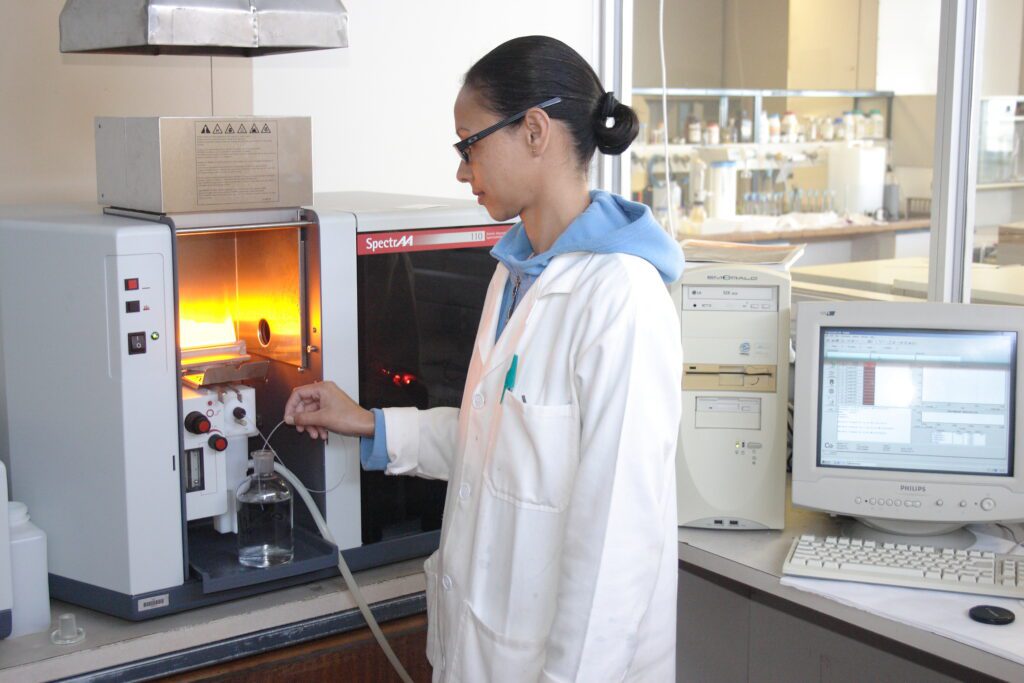
Nelson Mandela University’s PhD programmes help you grow as a researcher and problem-solver, ready to make a difference in the world. Source: Nelson Mandela University
Build knowledge that shapes the world
The Faculty of Science is where research excellence and innovative teaching come together to expand how we understand and shape the world. It offers a broad range of PhD programmes in pure and applied science that train you to think critically and innovate ethically. These include the Doctor of Philosophy (Mathematics), Doctor of Philosophy (Oceanography), Doctor of Philosophy (Physiology), Doctor of Philosophy (Applied Mathematics), and many more.
Behind every programme are world-class South African Research Chairs Initiative (SARChI) leaders and National Research Foundation (NRF)-rated scientists who are redefining how science is taught, studied, and shared with communities. “In our faculty, we don’t prepare our students for ‘something’; we prepare you for ‘anything’ you might face in the future,” says Professor Zenixole Tshentu, Acting Executive Dean of the Faculty of Science.
Change begins with research
Whatever your chosen field, Nelson Mandela University’s PhD programmes prepare you to make a difference. Many of the university’s PhD candidates are at the forefront of creating African-driven innovations to issues that affect communities across the world.
PhD graduate Dr. Charles Helm is part of a team of three scientists who discovered traces of prehistoric spiders that lived long ago along the Cape south coast’s Garden Route. “We have found numerous trace fossil records from the Pleistocene epoch dating back 130,000 years and ranging from giraffe footprints to the tracks of turtle hatchlings, but these multiple spider burrows are the first example of this kind of trace fossil in the world,” he says.
Dr. Faith Akwi, together with Nelson Mandela University Research Chair Professor Paul Watts, is transforming the way Africa thinks about healthcare access. She is pioneering new ways to manufacture teriflunomide, a treatment for multiple sclerosis, through continuous flow synthesis.
“There is no way an ordinary South African can afford such quality medication,” she says, referring to its US$400 price tag per 28-tablet box. Her goal, therefore, is to work toward an Africa that produces its own essential medicines. Her findings prove that local production can match and even surpass conventional methods, offering a pathway to true pharmaceutical freedom.
Dr. Joyce Nyarko’s mission is to provide every child with the best possible start in life. Her multidisciplinary research on malnutrition connects health professionals, social workers, community organisations, and ward councillors to build coordinated support systems for families. “The child doesn’t become malnourished ‘just like that’,” she explains. “The child needs to eat, needs love, and needs protection from diseases and infections.”
By focusing on the first 1,000 days of life, from conception to age two, her work targets the critical window when early support can change a child’s life. It aims to break cycles of poverty and preventable illness across Nelson Mandela Bay and the Sarah Baartman districts.
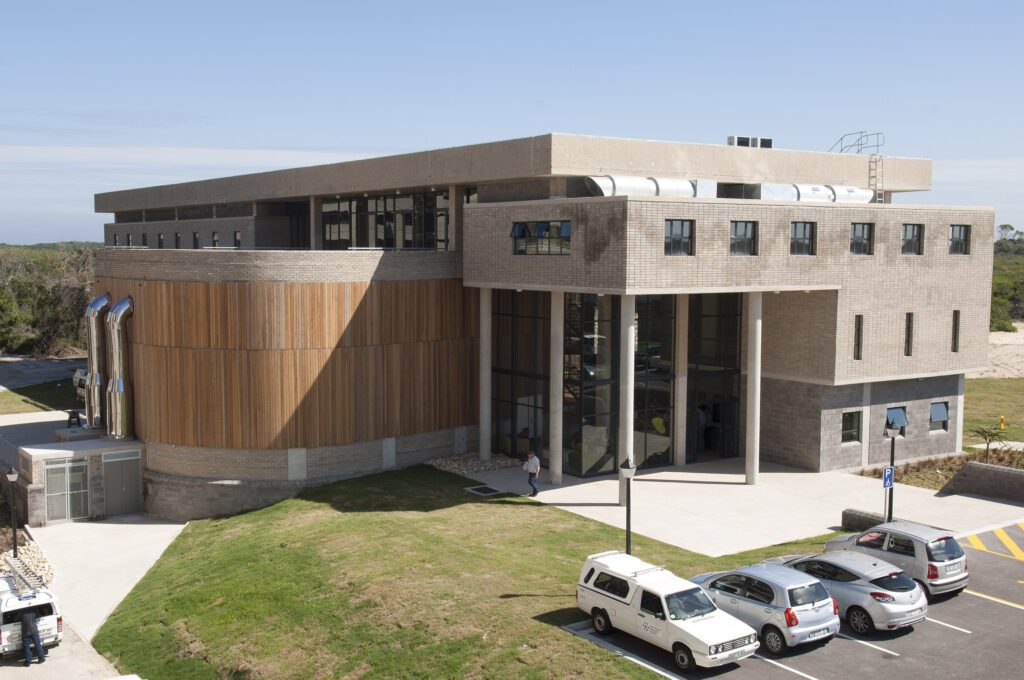
With facilities like the Centre for African Conservation Ecology, the university ensures that researchers have the tools they need for excellent work. Source: Nelson Mandela University
A new era of support for Nelson Mandela University’s PhD researchers
At Nelson Mandela University, PhD researchers have come together to form a new support network designed to bring clarity and community. “Being a postdoctoral fellow is a very confusing time,” says Dr. Patrick Mwanza. “I’m sure most of us have experienced imposter syndrome, where you ask, ‘Am I good at doing what I’m supposed to be doing?’”
Dr. Marion Holmes adds that while postdoctoral fellows contribute significantly to research publications, grant income, and postgraduate training, they often “lack a formal structure through which our voices can be heard and our needs addressed.”
To bridge this gap, the Postdoctoral and Research Fellows Society was launched. It is a space where fellows can connect, grow professionally, and connect with fellows from other departments. “Many universities have already demonstrated the value of such societies, and we are very excited that we are now joining this,” says Dr. Holmes.
Follow Nelson Mandela University on Facebook, X, Instagram, YouTube, and LinkedIn

